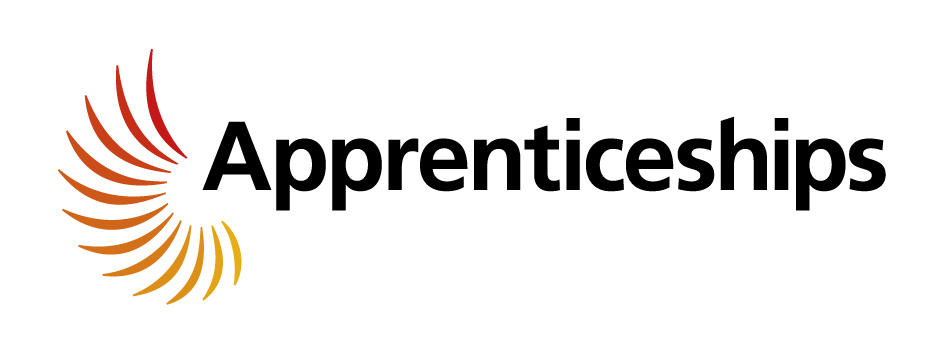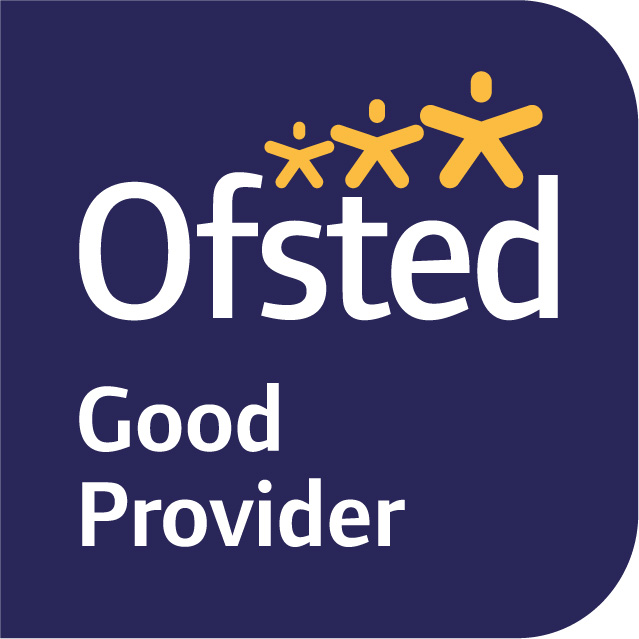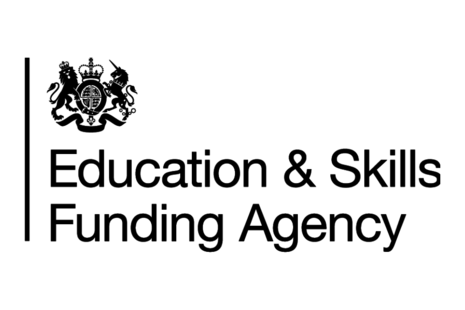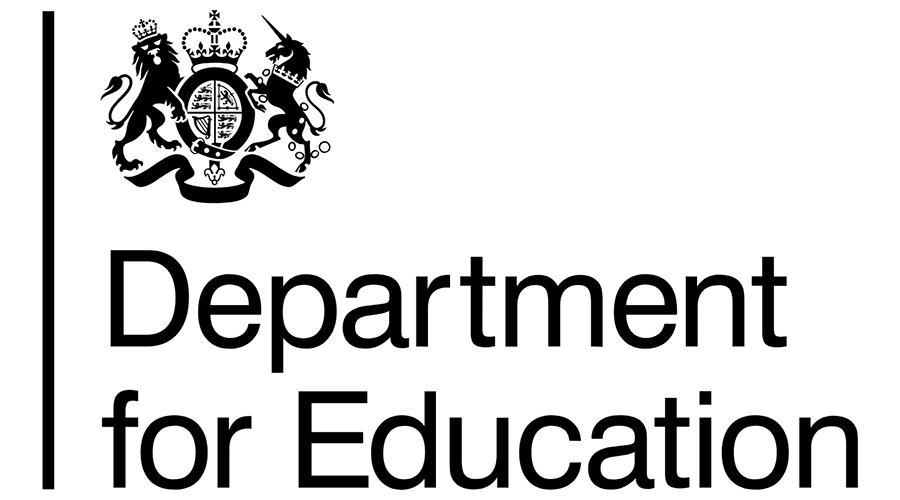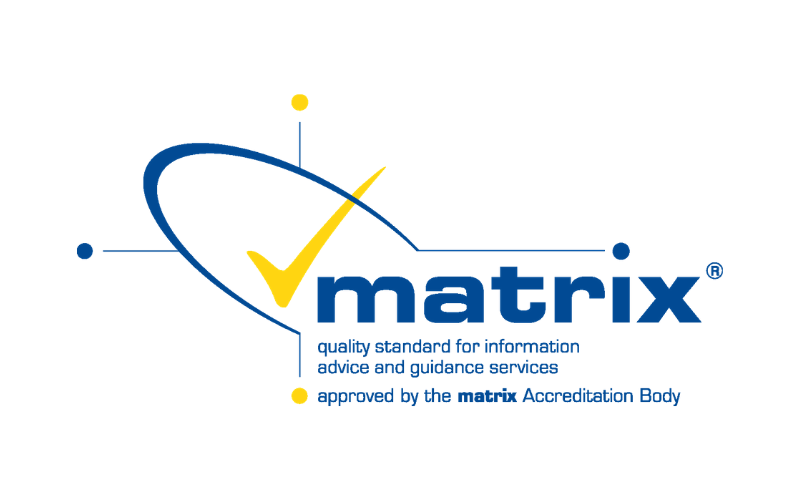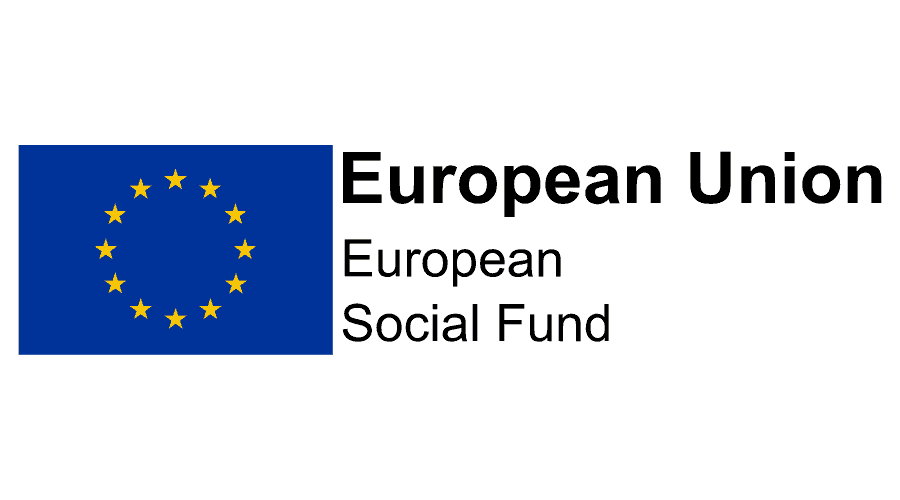Safeguarding Information
Training providers have a responsibility to ensure that learners following training programmes with them are kept safe from potential harm – this is commonly known as Safeguarding. Safeguarding is essential to assure the development and well-being of young people and adults alike.
The potential harm that can affect learners is wide-ranging and includes things such as bullying, exposure to extremism, inappropriate supervision and unsafe workplaces or working practices.
Safeguarding is at the heart of how Cool Blue College operates – this ranges from the appointment of staff, selecting the employers we work with to deliver qualifications, checking working environments are safe and ensuring we give learners information and advice on how they can keep themselves safe.
How to keep safe online
Be aware that anything you give out usually stays on the internet for a long time and can’t be deleted!
When using Facebook and other social media:
- Set your privacy settings to ‘Private’ so only people you accept as friends can view your profile.
- Only upload photos that you’d be happy to show a stranger, your family, and a future employer – you never know where they may end up.
- Don’t give out your details online. This includes your username, email, telephone number, pictures, where you live, where you work, where you are going on weekends, etc.
- Don’t open emails or messages from people you don’t know.
- If something is too good to be true, it usually is and is best ignored. Spam/junk mail usually contains tricks and lies.
- Don’t open attachments in emails from people you don’t know. The attachments could contain viruses that could destroy your hard drive or install software that watches everything you do. This is know as spyware.
- Don’t do and say things online that you wouldn’t do offline in real life – it could get you into trouble.
- Don’t meet up with strangers you meet online without an adult you can trust.
- If something happens that you don’t like or makes you feel uncomfortable – tell someone – it’s never too late.
- Never reveal bank account or credit card details on unsecure websites.
Safeguard your money!
Online Purchases – When buying online before you type your card details into a website, ensure the site is secure. Look out for a small padlock symbol in the address bar (or elsewhere in your browser window) and a web address beginning with https:// (the s stands for ‘secure’).
When you make a card transaction, you should never be asked for your PIN or online banking password. Your PIN should only be used at cash machines and physical, point-of-sale terminals, such as a supermarket checkout.
Online Scams – These scams are from fraudsters who send convincing emails that pretend to be from your bank or from a government department such as HM Revenue and Customs to make the email seem legitimate.
Bank Scam emails often say there’s a problem with your account and ask you to update your bank details either by email or by clicking on a link.
The scam emails claiming to be from a trusted establishment often claim that you’ve been awarded some kind of tax refund or a financial award. These usually ask you to provide your bank details, either by email or by clicking on a link, so that payment can be made.
Banks and government departments will never send emails asking for your account details or PIN details. Delete these emails immediately without opening any links.
These are the most common types of scams but any online communication asking for personal details and/or bank details should be deleted immediately.
Radicalisation
We live in an era in which 84% of the EU population use the internet daily. This development has led to important changes in the organisation and functioning of society, and as violent extremists and terrorists form part of this society the internet plays a particular role as a tool of radicalisation. Training Providers have a duty to safeguard you from radicalisation. PREVENT is part of the Government’s counter-terrorism strategy, CONTEST. Its aim is to stop people becoming drawn into terrorism. The PREVENT duty is not about preventing you from having political and religious views and concerns but about supporting you to use those concerns or act on them in non-extremist ways. Further information can be found on the gov.uk website: Click Here
Cyberbullying
Some people use technology to abuse and bully other people or draw them into radicalisation. This could be via emails, social networking sites, texts or phone calls. This is clearly unacceptable behaviour, and you don’t have to put up with it. If you are being bullied in this way or are aware of someone else being bullied, it is important to report it.
What should I do?
- Save ant abusive texts, emails or messages.
- Do NOT respond or confront the bully if you know who it is. If they get a reaction from you, it will encourage them to take further action.
- Tell an adult that you trust, and they will be able to help make it stop. This could be a parent, guardian, training officer, or workplace supervisor.
If you experience cyberbullying in any form in your workplace or at our training centre please inform your training officer, Mark Clelland or Mikayla Connor (Contact details below).
What am I entitled to regarding Health & Safety?
- A safe, healthy and supportive environment wherever learning takes place.
- An induction to Health and Safety when starting your learning.
- Full information on your employer’s Health and Safety Policy, responsibility, and procedures.
- Information on who will be supervising you.
- Information on any risks associated with the learning programme.
- PPE must be worn at all times and may be provided by either your employer or training officer.
- Information on what you can and can’t do at work, e.g. restrictions on certain machinery.
What is Modern Slavery?
Slavery was abolished by most countries over 150 years ago, but bonded and forced labour, trafficking and exploitation persist. It is estimated that tens of thousands of people are in modern slavery in the UK today. The most common form of slavery are those forced into labour in industries such as construction, agriculture, hospitality, manufacturing and car washes.
Women and girls are forced into domestic slavery whilst children are forced into crime.
The Government introduced the Modern Slavery Act 2015 which makes prosecuting the traffickers easier by consolidating existing slavery offences and increasing sentences. To obtain further information about this Act, go to the antislavery website.
Employers have a responsibility to ensure Apprentices are paid the minimum wage set by the Government. If you feel that you are not being paid the minimum amount then speak to your Manager or Trainer who will be able to offer advice and support.
Mobile Phones
- Be very careful who you give your phone number to. That person may not use your number, but they could pass it to someone who will abuse it.
- Be careful where you write your phone number down.
- Make sure you lock your phone when you are not using it.
- Do not lend your phone to anyone.
- Do not respond to abusive text messages or phone calls in any way.
Have You Got A Safeguarding Concern?
Here at Cool Blue College we take safeguarding issues very seriously. We aim to protect the welfare of all of our service users to ensure everyone is given equal opportunity and protection against abuse.
If you have any concerns please contact us, we will be happy to help.

Mark Clelland
Safeguarding Lead

Mikayla Connor
Safeguarding Deputy
